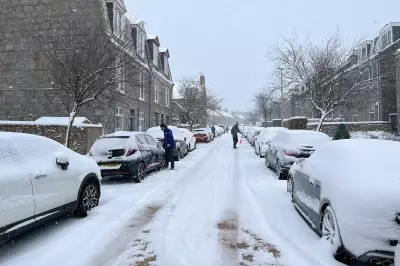
When American students venture across the pond to study in Britain, they expect language barriers to be minimal. However, one US exchange student has discovered that British English might as well be a foreign language when it comes to one particular aspect of daily life.
The Great British Vocabulary Divide
After spending several months immersed in UK culture, the student identified the single most confusing element that continues to leave her scratching her head: the completely different vocabulary for everyday items.
"I consider myself a fluent English speaker," she explained, "but when I first arrived, I felt like I needed a translator just to go shopping."
Everyday Items That Became Linguistic Minefields
- Shopping trolleys vs carts: "Why call it a trolley? It doesn't have tracks!"
- Crisps instead of chips: "And don't get me started on chips being fries!"
- Boot rather than trunk: "Are we dressing cars now?"
- Biscuits not cookies: "But what do you call actual biscuits?"
The Most Baffling Britishism of All
While all these differences caused initial confusion, one term stood out as the most perplexing. The student described encountering words that simply don't exist in American English or mean something entirely different.
"There are moments when Brits use phrases that make absolutely no sense to me," she admitted. "I've had to develop a mental dictionary just to follow casual conversations."
Adapting to British Student Life
Despite the linguistic challenges, the student has embraced her UK experience. She's learned to navigate supermarkets, understand lectures, and even developed a taste for British favourites.
"The confusion is part of the adventure," she said. "Every misunderstood word is a learning opportunity and a funny story to tell friends back home."
Her advice to fellow Americans considering UK study? "Come with an open mind and be prepared to ask 'what does that mean?' at least ten times a day."





